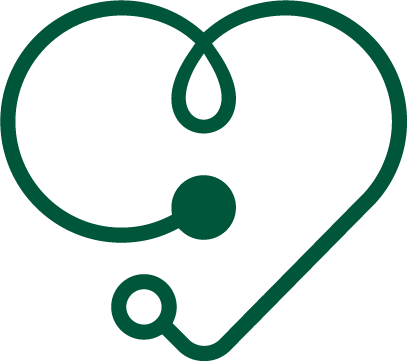Irritable Bowel Syndrome (IBS) and Inflammatory Bowel Disease (IBD) can both be painful to the sufferer, but they are different conditions. In the early stages, it can be difficult to discern which is which, as they show very similar symptoms. In short, both IBS and IBD can cause the following:
- Bloating
- Diarrhoea and/or constipation
- Cramping in the abdomen, often quite painful
- Vomiting or nausea
There is no actual cure for either IBS or IBD, but IBD is more serious in the effects that it has on your digestive system. The symptoms for both can vary in severity, but IBD can manifest itself far more due to the nature of the disease.
Irritable Bowel Syndrome
Whilst this is quite a common condition, doctors and specialists don’t really know the exact cause, although diet and stress can be pinpointed as culprits. Hormones may be another reason, as well as other factors that affect your gut bacteria.
IBS occurs in the colon (large intestine) and does not involve any other part of the digestive system. Pain can be experienced all over the abdomen, but many sufferers find it more prevalent in the lower left region, which can be extremely uncomfortable, and this pain may worsen after eating. Emptying the bowels may lessen the pain, but frequently this bowel movement will be extremely loose and take the form of diarrhoea, which can last a few days or even more in worst cases. This may be followed by a period of constipation whilst the bowels try to rectify themselves and recover. Unfortunately, the need to visit the bathroom can come on suddenly with no warning, which can cause embarrassment.
Can IBS be treated?
IBS symptoms can often be relieved with dietary changes, lifestyle changes, addressing gut bacteria levels and in some cases medications are used. Seek the advice of your medical professional as well as a dietician who will discuss the various options with you. A dietician will be able to advise the best foods/drinks to consume or to eliminate, to lessen the symptoms. If symptoms persist, your doctor may refer you to a gastroenterologist, as they specialise in all aspects of the digestive system.
In contrast to that is IBD – Inflammatory Bowel Disease
IBD is used to describe two different conditions – Crohn’s Disease (CD) and Ulcerative Colitis (UC). There are a few more types as well, but they are a little rarer. The main difference between Crohn’s Disease and Ulcerative Colitis is that UC only affects the large intestine (the colon) whereas CD can affect any part of the digestive tract, from beginning to end.
The symptoms are otherwise nearly identical. They can include cramps, a painful swelling of the affected tissue, frequent diarrhoea (which may or may not be bloody), weight loss and fatigue. More rarely, it might also cause vomiting, anaemia or fever.
To make it more confusing, these symptoms are rarely constant. IBD often goes into borderline complete remission, presenting few or no symptoms only to flare up again with little or no warning. Milder cases of Ulcerative Colitis in particular, are prone to long periods of remission without significant discomfort in many patients.
There is some professional disagreement as to whether IBD is primarily a genetic problem or one that can be acquired due to bacteria, viruses or antigens leading to an immune response in the body. As you can see, it can be very difficult to tell IBD from IBS, so you should consult a doctor if you think you might have either.
Can IBD be treated?
Neither form of IBD can be completely cured at this point. However, there are ways to treat it, some of which have a high success rate. The aim of IBD treatment is to either relieve symptoms or to prolong those periods of remission, allowing the sufferer to lead a normal life as far as possible.
Either a doctor or dietician can prescribe a treatment plan for IBD. They often include changes to your lifestyle and specific dietary changes. In more severe cases, a doctor might prescribe medications or suggest surgery. Surgery will always be the last resort if anyone has IBD and its painful symptoms on a very regular basis, even with changes to their lifestyle.
Medicines commonly prescribed for IBD include antibiotics, antibody based ‘biologic’ treatments which target specific parts of the immune system, immunosuppressant steroids, mesalazines or aminosalicylates.
If surgery is agreed upon, it will usually be undertaken if the lower intestines need repair after ulceration, and if the sufferer has repeated and painful periods of illness. Most Crohn’s Disease sufferers will eventually need surgery to repair parts of their digestive system, but Ulcerative Colitis sufferers generally do not need surgery. In fact, some 80% of sufferers respond well to medicines and lifestyle changes alone.
To ascertain whether you are suffering from IBS or IBD, you need to watch the symptoms. In IBD, checking stools is important as they can often contain mucus or blood, and it is important to rule out anything more serious such as cancer.
There are many and varied gastro illnesses, and getting to the root of the problem may involve a series of tests and examinations, such as colonoscopy, where a tube is inserted into the anal region to enable doctors or surgeons to see what the problem is. Awareness is of paramount importance when understanding and relieving symptoms in the gastro intestinal tract.










